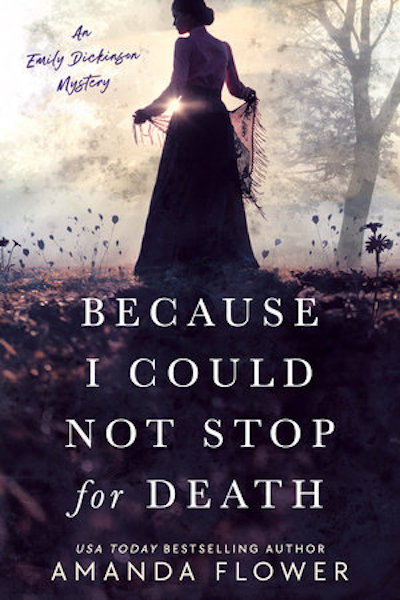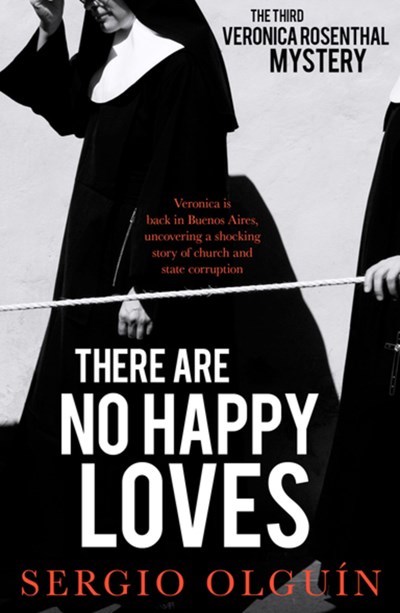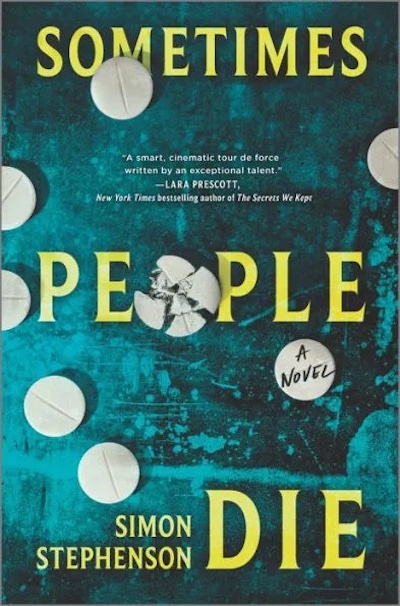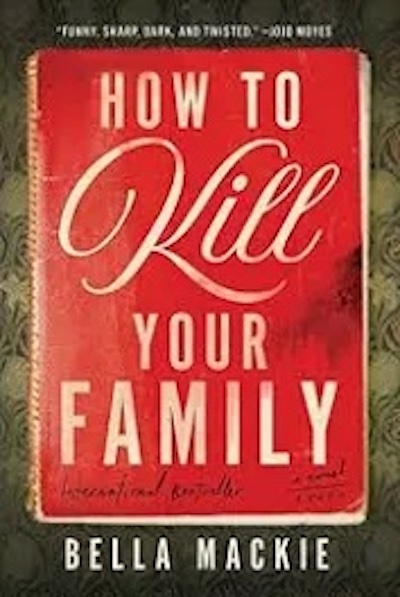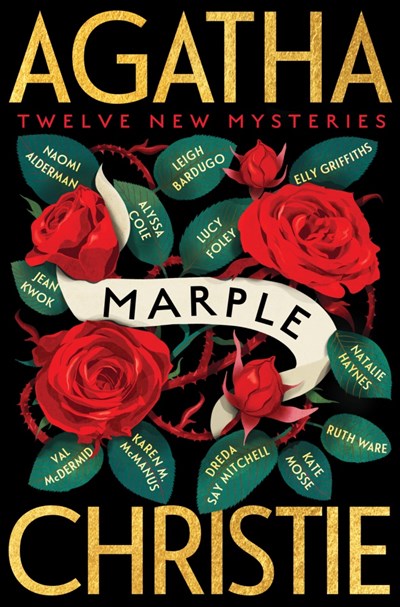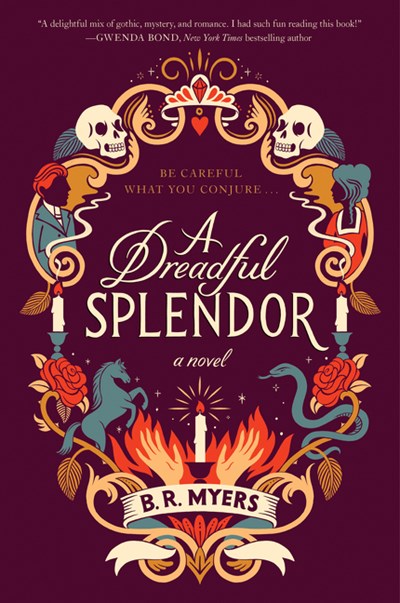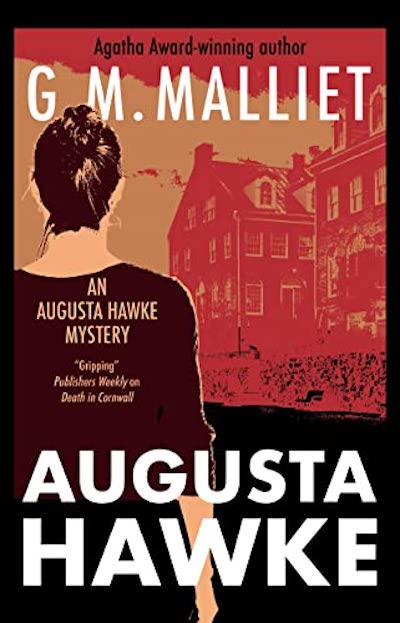Meet the confidence man (or woman), also known as the scammer, the grifter, the swindler. He’s long been a part of our national identity. Don’t believe me? Go back 175 years and take a peep at Melville’s last novel, Confidence-Man. Here, Frumkin updates our national passion—American dream, by any means!—in an epic tale of betrayal, at once gloriously hilarious and heartbreakingly sad. Ezra and Orson meet up one summer as teens at Last Chance Camp, the final stop before juvenile detention. They become lovers of sorts, with homely Ezra in love and gorgeous Orson in like. They’re equally poor, already petty criminals as well as small-time dope dealers. This is a clear case in which the whole is greater than the sum of its parts, because Ezra and Orson don’t just succeed at digging their way out of poverty. In ten years, they propel themselves into absolutely incredible wealth all through lying, scheming, and cheating. It’s a delight to watch. Eventually, they reach a sort of zenith with NuLife, a kind of wellness practice involving magnets—sort of a cross between L. Ron Hubbard’s Dianetics and Gwyneth Paltrow’s goop. This fast-paced, wonderfully unique novel holds a mirror up to American culture and asks all the right questions. It’s the answers that are so disturbing.
Brian Kenney
From Sir Francis Bacon and Eleanor Roosevelt to Walt Whitman and Queen Elizabeth, famous people often make excellent amateur detectives. This volume introduces Emily Dickinson as sleuth. Enigmatic and reclusive, an iconoclast and a feminist, Emily lived in America during a time of enormous change and unrest. One of this country’s greatest poets, Emily has fascinated generations—and Flower does a wonderful job of introducing the 25-year-old Emily, years before she withdraws from most social contact. Here we enter Emily’s world through her family’s new maid, Willa Noble, who soon strikes up a cautious friendship with the unusual Emily. When Willa’s brother Henry is killed in the town stables, Willa turns to her new friend for solace, and eventually help. She believes that Henry was murdered, and Emily is quick to join the investigation as the two are drawn out of women’s traditional spheres and into the dark underbelly of Amherst. The book is rife with references to class and race, abolition and the Underground Railroad, yet the author manages to avoid tropes such as that of the white savior. Flower is an accomplished mystery author who moves the story along at a perfect pace while immersing us in the complexities of Emily and her time. A gem for historical-mystery fans.
They’re back! The quirky duo of sort-of psychic Leda Foley—she’s also a travel agent and sometime chanteuse—and Seattle P.D. detective Grady Merritt reunites to find two missing people. Leda is approached by a man whose sister has gone missing for a month—driving a bright-orange antique Volvo and with $30,000 in cash—and hopes that Leda can use her psychic powers to locate the woman. Has she been murdered, or has she finally given up on her adulterous husband and run off? Meanwhile, Grady’s dog has gone missing on Mount Rainier, only to pop up with a limb in his mouth. A leg, to be precise. A human leg. Unfortunately, it’s a male leg, so not from Leda’s missing person, but DNA proves that there is a relationship between the two. But where’s the rest of the body? With help from a delightful circle of friends, including Grady’s police partner and Leda’s best friend, the two develop plenty of hypotheses but nothing that will hold water. Fortunately, Leda’s psychic skills kick in, providing some much-needed clues to help resolve the mysteries. As in the first book, Grave Reservations, readers will delight in the banter between Leda and Grady while enjoying Leda’s struggle with her psychic gift. For cozy fans who can tolerate a bit of the macabre.
What a wild ride this book is. The third in Olguin’s series set in Buenos Aires, it features the tough-hitting, brazen, flawed, but brilliant journalist Verónica Rosenthal, who loves her whiskey, her lapdog, her ex-boyfriend, and great sex, preferably with strangers. As the novel opens, there is a horrific car crash followed by an explosion, leaving one survivor, Darío, who becomes convinced that his wife and child didn’t die in the conflagration but survived and ran away. Is it possible? Later, a truck is pulled over in Buenos Aires, thought to contain drugs. But the cache is far more gruesome: a load of human body parts. Verónica pursues the missing wife and child, ultimately publishing a feature about a right-wing Catholic organization, the Christian Home Movement, which took young children from poor or single mothers and placed them in well-off Catholic families. At the same time, and unknown to Verónica, her ex-boyfriend is after the body smugglers, and eventually the two storylines converge, as do the lovers. But don’t for one minute think this is some linear thriller. This book ricochets from family drama to Argentinian history to the picaresque (Verónica in nun’s garb, infiltrating a convent) to the deeply emotional. While this can be read as a stand-alone, this series builds on itself wonderfully.
If you open this book thinking it’s a medical thriller—which is how it’s marketed—then you’ll be terribly disappointed. But take it on its own terms and it is one of the most evocative and heart-rendering tales you’ll have encountered in quite a while. A young Scottish doctor, caught stealing and using opioids, is deemed fit to return to practice and lands in St. Luke’s—one of London’s roughest hospitals and a place that’s desperately in need of staff. Author Stephenson was trained as a doctor, and this book goes deeply—and fascinatingly—into life in the hospital. Add to this a great cast of characters, including George, an orthopedist, rugby player, and teddy bear of a man who rooms with our protagonist, helping to keep him grounded. The criminal element comes into play when it’s discovered that several of St. Luke’s patients have died from opioid overdoses, clearly at the hands of medical personnel, with our narrator suspect number one. Woven throughout the book are the stories of doctors throughout history who doubled as serial killers—these sojourns away from the narrative will drive some readers crazy but I found the context they provided fascinating. In the end, the book comes down to just a few characters and a couple of questions: How does medicine, “a dark and a terrible knowledge,” force its practitioners to see things differently? And what’s the impact when they do see differently?
Best title of the year, amirite? And the best antihero as well. Grace Bernard was raised in London by her loving but impoverished single mom. Her father, a multi-millionaire, won’t have anything to do with them, even when Grace’s mother is dying and begs for support for their daughter, then a young teen. But by her mid-twenties, Grace is ready to take matters into her own hands and avenge her mother’s hard life. Grace doesn’t want to just polish off dear old dad. She slowly and meticulously plots the murders of everyone on the paternal side of her family, with her father last on the list, having watched his parents, children, and in-laws die before him. Yes, it’s dark, but it’s also deliciously wicked and brilliantly plotted, so much so that Grace is a bit wistful that no one except her will enjoy the genius of it all. Thus this book, which is meant to be locked away and discovered by future generations. Until something most unexpected occurs, upending Grace’s brilliant plan. Grace is sophisticated, urbane, droll, and at times risible. I could listen to her voice forever.
How’s this for a setting: a 205 unit high-rise building in rural Alaska that houses the entire town’s population as well as stores, offices, and more. Welcome to Point Mettier, a pretty creepy village to begin with that only gets worse when body parts—a foot, a hand—wash up on the frozen shore. The local cops seem ready to shrug off the remains—lots of tourists fall off those cruise ships!—when they’re joined by Anchorage detective Cara Kennedy, who takes the matter a whole lot more seriously. What was meant to be a quick visit becomes a much longer excursion as the first brutal storm of the season moves in, closing off the tunnel, the one way in and out of town during winter. With time to spare, Cara digs deeper into the community, only to discover that almost everyone in Point Mettier has a secret to hide. A simmering romance with one of the other officers provides Cara with much needed distraction, but soon enough a violent gang, hanging out in a nearby Native village, takes center stage. This is a successful, well-paced first novel that juggles a range of cultures, a handful of strong characters, and a nuanced protagonist, delivering a very satisfying ending. And get this: Point Mettier pretty much actually exists. Check out Whittier, Alaska.
A dozen terrifically talented and diverse authors—including Alyssa Cole, Lucy Foley, Val McDermid, and Dreda Say Mitchell—reimagine that most iconic of amateur sleuths: Miss Jane Marple. Billed by the publisher as a way to introduce a new generation to Miss Marple—likely best done by Christie’s books, actually—this collection reads more like fanfiction and is sure to delight Marple enthusiasts, who comprise a great swath of mystery fiction’s readership. Miss Marple is no stranger to the short story, having been first introduced to readers in a 1927 magazine. But here we see her in some extraordinary circumstances, while never losing sight of who she really is. A formal dinner at one of the Oxford colleges descends into sexual harassment and Quaalude popping—to tragic ends. A brief stop-over to visit an old school friend in a country village results in the sort of complex murder we expect only Miss Marple to decipher. When a young woman keels over dead at a wedding, Miss Marple teams up with her Caribbean-born friend, Miss Bella. But not all the stories involve murder; stolen pearls ruin a Christmas dinner, until Miss Marple slowly drops the pieces into place, to the surprise of the other guests. Fun to read in print, this collection would make a great audiobook.
Is it a gothic romance? Yes, indeed. Is it a mystery? That, too. In fact, A Dreadful Splendor uses nearly all the tropes of the gothic, adding a bit of humor to the mix. Genevieve Timmons, all of 19 years old, is a spiritualist, a conjurer, adept at calling forth the dead to assuage the grief of the living—and lining her own pocket. Trained by her mother, who is recently deceased, Genevieve has hit a bad patch and is in jail until she’s approached by a gentleman who wants her to summon the dead bride of his boss, Mr. Pemberton. Except when Genevieve arrives at Somerset Park, Mr. Pemberton’s estate, she discovers that the widower believes his bride was murdered, and he wants Genevieve to stage a session so powerful it will reveal the killer. (As for Mr. Pemberton, he’s one part Mr. Darcy, one part Heathcliff, and one part Maxim de Winter. Brooding and beautiful.) With days to go before the séance, there’s plenty of time for Genevieve to rattle around the estate, research the past, and become terrified of a ghost who may well be the real thing. Lots of fun for readers who enjoy historical mysteries with a double serving of atmosphere.
Best known for her cozy British series, here Malliet abandons the country vicarages and Oxbridge colleges for Old Town Alexandria, Virginia directly across the Potomac from the District of Columbia, and home to the witty Augusta Hawke. Hawke, herself a mystery author, is a bit of a recluse, a state brought on by the pandemic and the recent death of her husband. Fortunately, her four-story townhouse provides plenty of distractions, including—with a nod to Hitchcock’s “Rear Window”—casually observing the neighbors. So when the Normans, the young couple across the way, go missing, Hawke has plenty to tell the cops, including details of a fight she witnessed between the couple. When their car is found abandoned in a marsh, Hawke decides it’s time to take on the case, so to speak, and heads off to investigate. Perhaps the story has the making of a true-crime bestseller? The pleasure in this book lies in the arch and humorous Augusta, her interior musings as well as her interactions with others, her caustic take on the publishing industry, and the ridiculous situations she gets caught up in. May this be the introduction to many more outings with Augusta.


